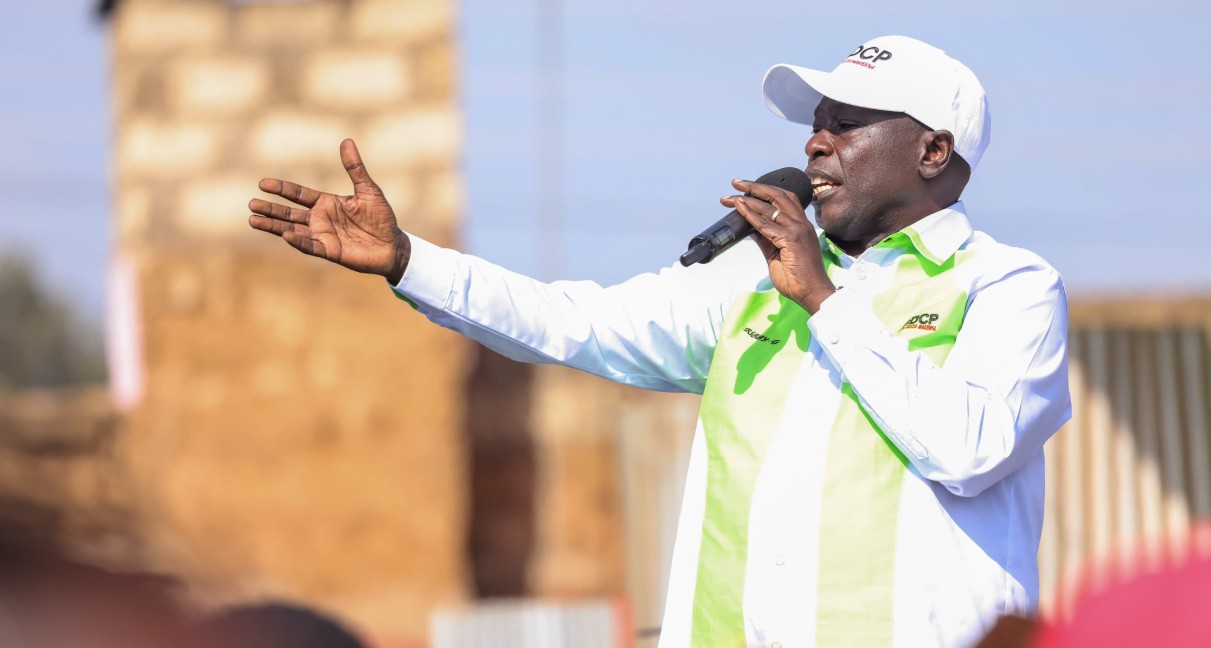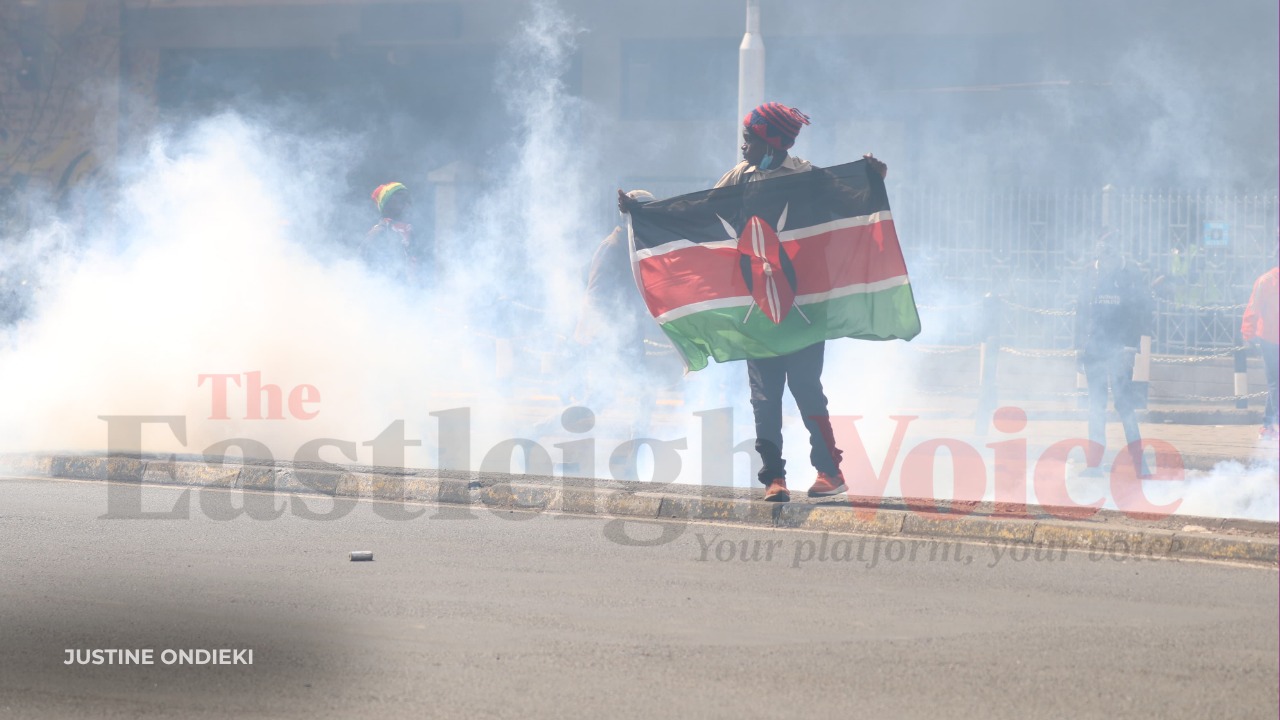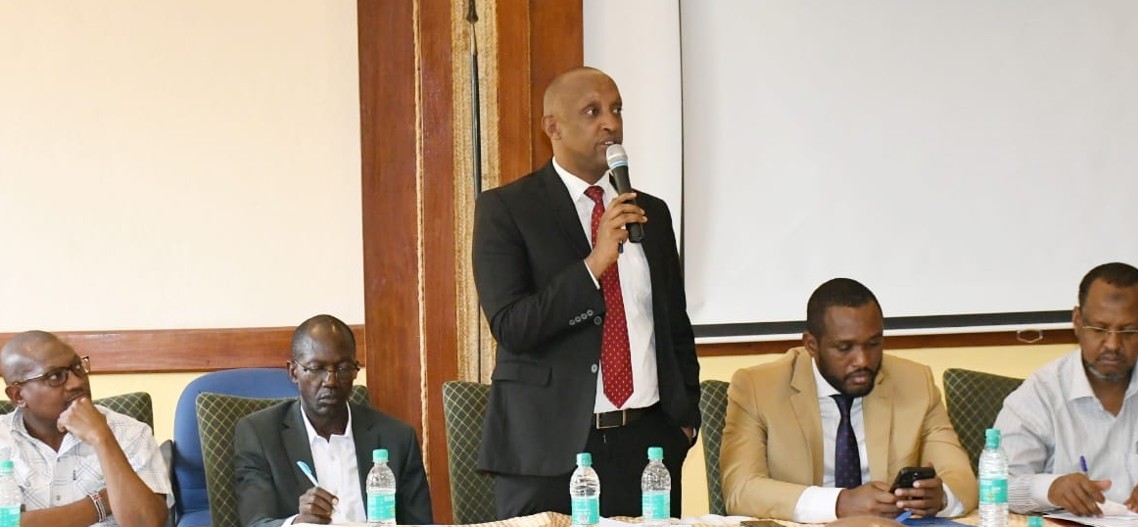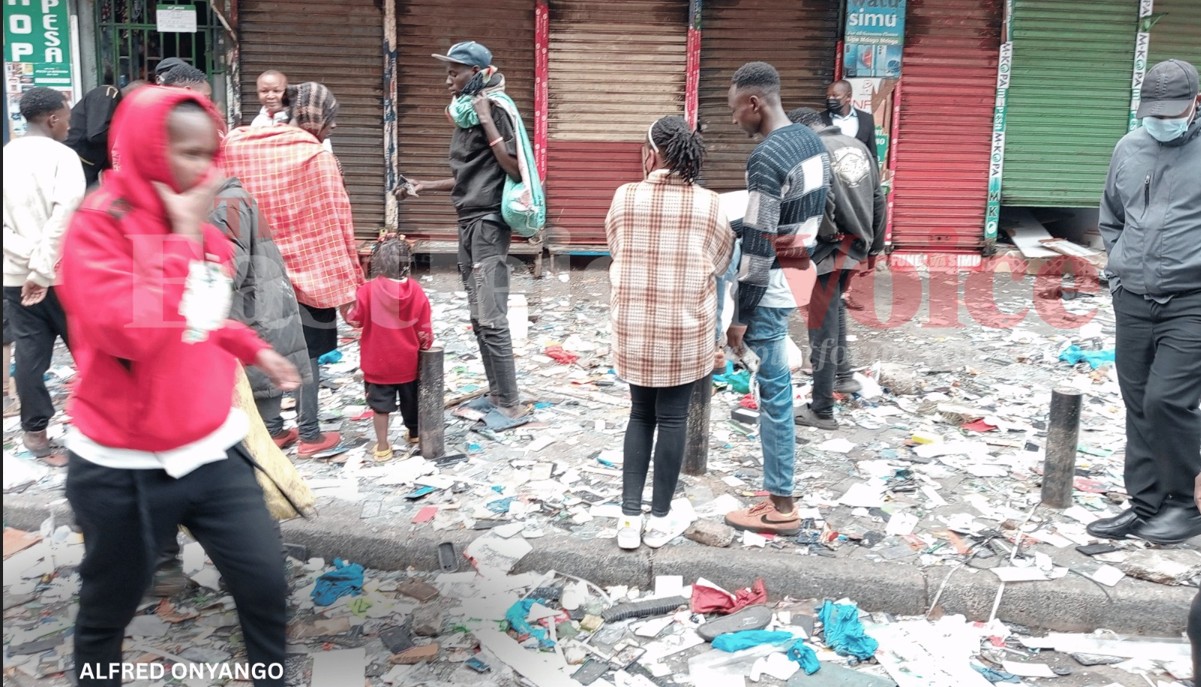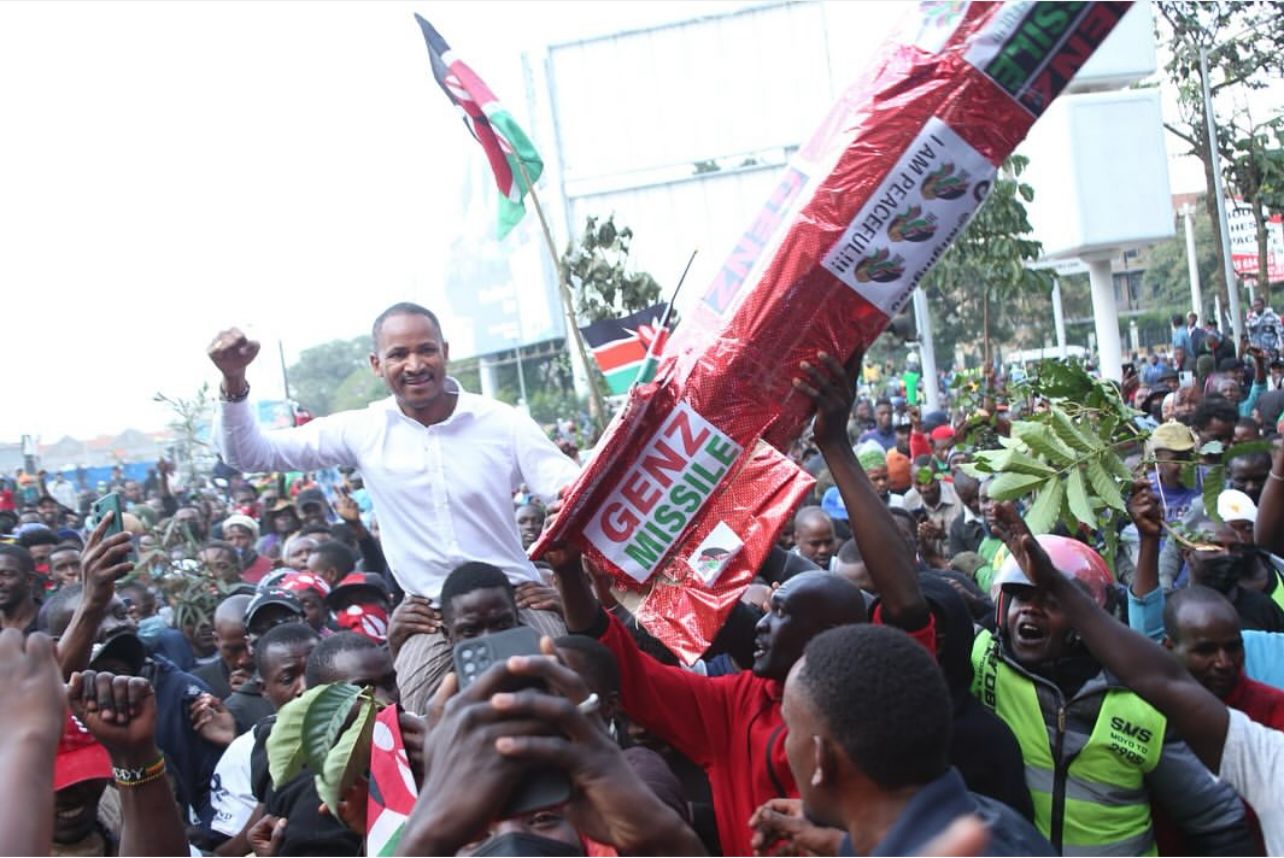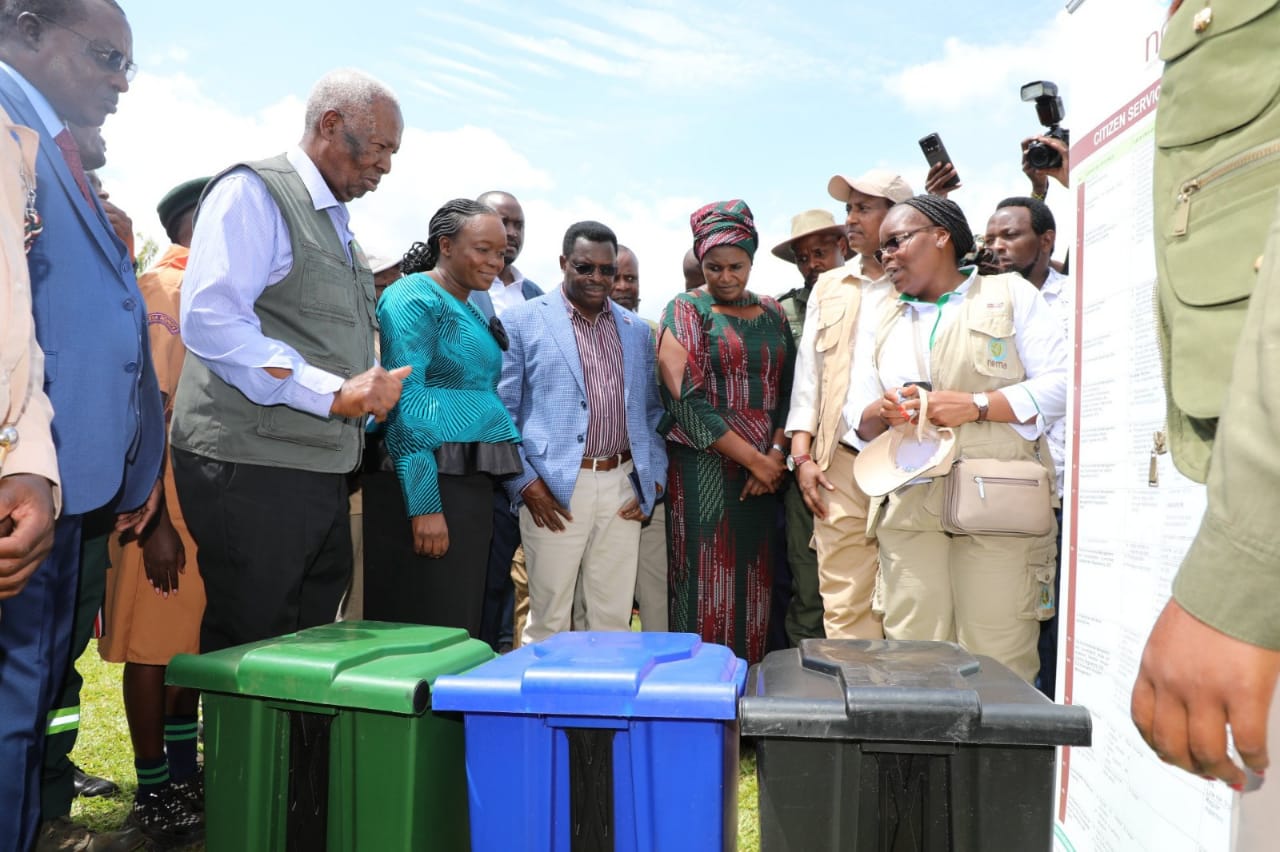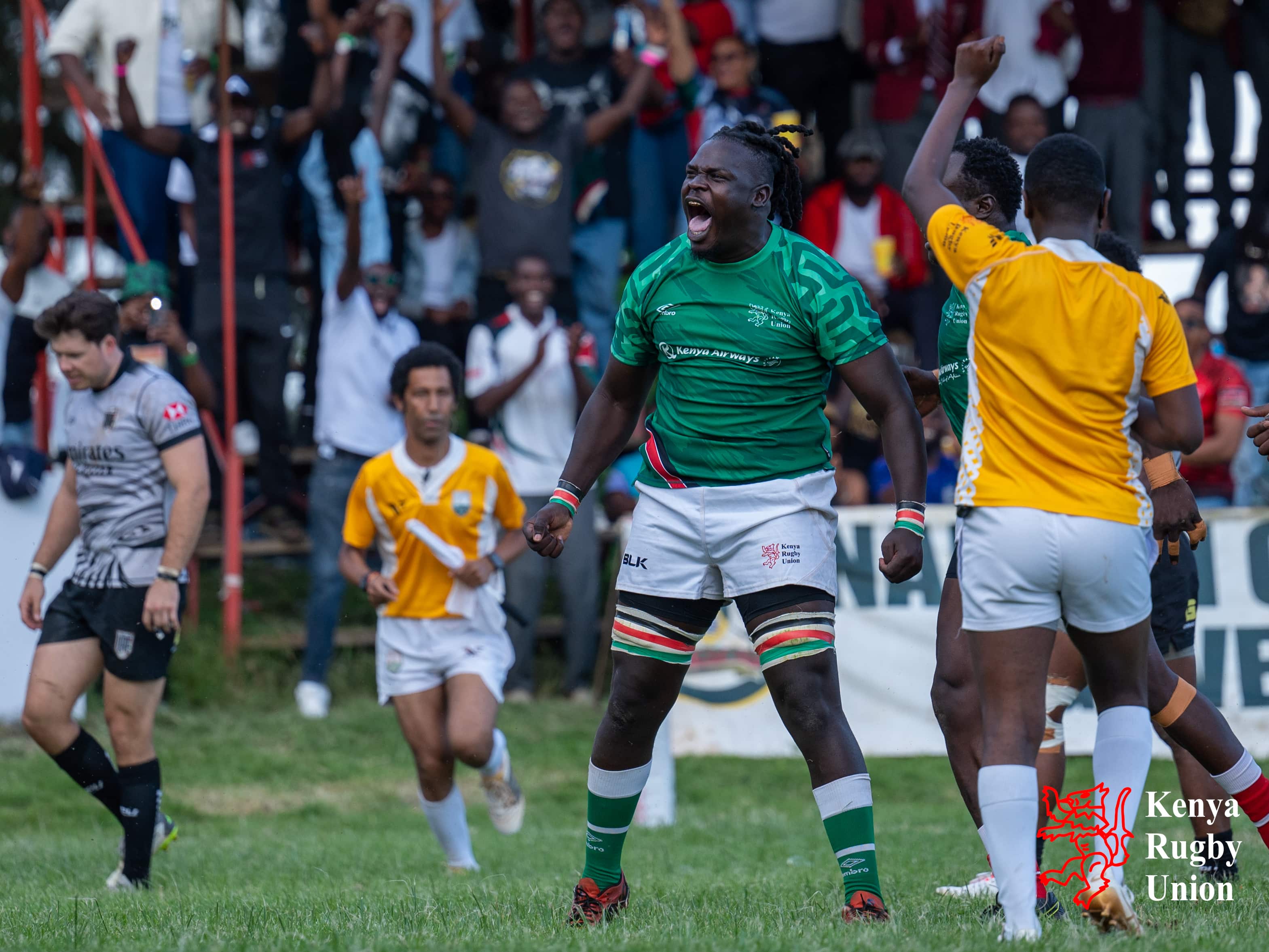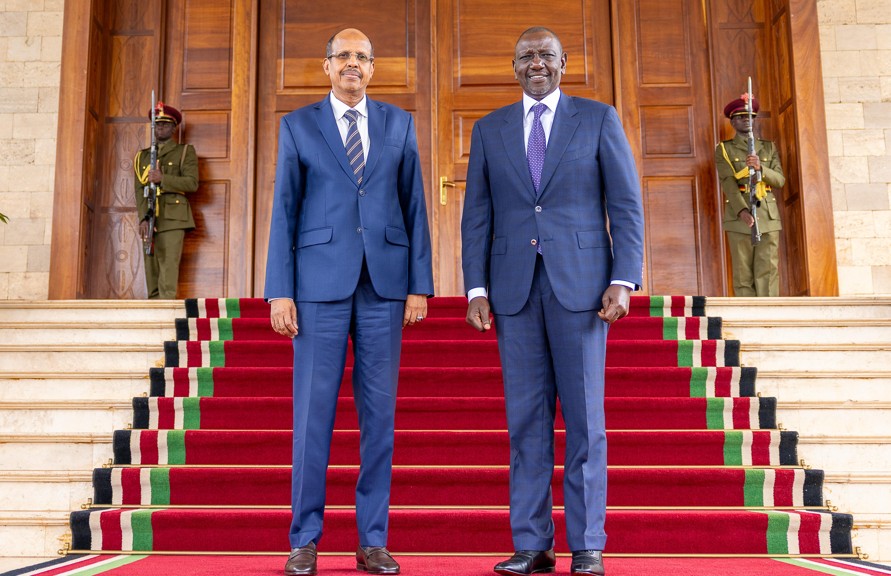Kenya defends UAE ties, denies aiding Sudan's RSF

In a statement on Thursday, the Ministry of Foreign and Diaspora Affairs said such statements are reckless, unsubstantiated and risk destabilising regional peace.
Kenya has dismissed claims by Sudan’s army-led government accusing it of facilitating arms transfers from the United Arab Emirates (UAE) to the paramilitary Rapid Support Forces (RSF), branding the accusations as unfounded, irresponsible, and an attempt to divert attention from Sudan’s internal crisis.
In a statement on Thursday, the Ministry of Foreign and Diaspora Affairs said such statements are reckless, unsubstantiated and risk destabilising regional peace.
More To Read
- Chad reverses ban, allows Sudanese refugee students to sit national exams
- 40 killed in Sudan after drone strikes hospital in West Kordofan - WHO
- Sudan military accuses Kenya of backing RSF militia, escalating diplomatic row
- Sudan’s RSF leader Mohamed Dagalo extends olive branch to Egypt amid strained relations
- UN warns Sudan warring parties are weaponising aid, fuelling famine and war crimes
- Rapid Support Forces seizes strategic oasis near Sudan-Libya-Egypt border
“Kenya considers the continued and unsubstantiated allegations by the SAF administration to be not only regrettable but also inconsistent with the principles of good neighbourliness and mutual respect that underpin the Charter of the United Nations and the Constitutive Act of the African Union,” the ministry said.
The Sudanese Armed Forces (SAF) had claimed that “Kenya has been one of the main conduits of the Emirati military supplies to the terrorist RSF militia,” and alleged that “Kenyan-labelled arms and ammunition” were discovered in RSF caches in Khartoum.
But Kenya firmly denied the claims and restated its neutral and principled stance on the conflict in Sudan, saying it advocates for “an inclusive, Sudanese-led and Sudanese-owned political process” as the only viable path to peace.
“While the support of regional and international partners is important, the responsibility for charting Sudan’s future ultimately rests with the Sudanese people,” the ministry said.
Kenya further dismissed accusations of arms trafficking, asserting that Kenya upholds its international and regional obligations and “does not condone, facilitate, or engage in the illicit trade or smuggling of arms.”
“Unfortunately, no amount of scapegoating or repeated blaming of other states will alleviate the suffering of the Sudanese people,” the Ministry added.
“It is time for the parties to the conflict in Sudan to assume full responsibility and commit to restoring civilian rule, peace and security for the benefit of the Sudanese people and the wider region.”
According to the Ministry, the SAF’s repeated accusations reflect a strategy of externalising Sudan’s internal political and military failures.
“The persistent and unfounded false claims by SAF on Kenya appear to reflect an outdated strategy of deflecting internal challenges by generating external tensions in the hope of rallying domestic support,” the Ministry said.
“As often observed, the most difficult but necessary journey is the one within. We therefore urge the SAF to focus on internal stability, rather than expending scarce resources and energy on imagined external adversaries.”
The ministry noted that Sudan’s accusations are not only inaccurate but also unjustified, particularly given Kenya’s active role in humanitarian diplomacy.
“Kenya has remained actively engaged in mobilising international attention and support for the Sudanese people,” it said.
The Ministry also criticised SAF’s decision to sever diplomatic ties with the UAE in March and its continued hostility towards Kenya, including a ban on imports, following a February meeting in Nairobi where RSF-aligned factions signed a charter to form a rival government.
Kenya dismissed further claims that it had admitted UAE support for the RSF. The SAF had cited a now-deleted June 16 post by Kenyan Government Spokesperson Isaac Mwaura, who reportedly said, “Egypt and Iran back (the Sudanese Armed Forces); the UAE backs RSF.”
Despite this, the ministry clarified that Kenya’s position remains rooted in humanitarian principles and peacebuilding and should not be misconstrued as interference.
“A fundamental tenet of Kenya’s foreign policy is respect for sovereignty and non-interference in the internal affairs of other states,” the statement read.
“In upholding this principle, Kenya likewise expects other states to refrain from besmirching its respected global image and sovereignty.”
Kenya also highlighted the worsening humanitarian situation in Sudan, warning that the conflict was spiralling into a forgotten crisis.
“Over 10 million Sudanese, or an estimated 20 per cent of the population, have been forcefully displaced. Currently, over 30 million, almost two-thirds of the population, including over 16 million children, are in dire need of humanitarian assistance,” the Ministry noted.
The ministry said that those most affected are the poor and vulnerable in marginalised regions, many of whom lack the means to escape the violence.
“The Sudanese people have endured the hardships of protracted violent conflict for far too long,” it added.
“They deserve peace and security anchored in an inclusive national dialogue that truly reflects the diversity of the Republic of Sudan.”
Kenya reaffirmed its commitment to working with allies, including the UAE, to promote peace and reconciliation in Sudan.
“Our unwavering commitment to peace and reconciliation is grounded in a principled approach of humanitarianism, and should not be misconstrued as interference in Sudan’s internal affairs,” it said.
The war in Sudan between army chief Abdel Fattah al-Burhan and RSF leader Mohamed Hamdan Dagalo has killed tens of thousands since April 2023 and displaced over 13 million people. Both sides have accused one another of receiving arms from foreign powers such as the UAE, Egypt, Iran, Turkey, and Russia.
UN Secretary-General António Guterres has warned that foreign actors are fuelling the war and urged an end to arms deliveries. WHO Director-General Tedros Adhanom Ghebreyesus also condemned an airstrike that killed over 40 civilians at Al-Mujlad Hospital in West Kordofan. The Emergency Lawyers group blamed the attack on a Sudanese army drone.
Top Stories Today


